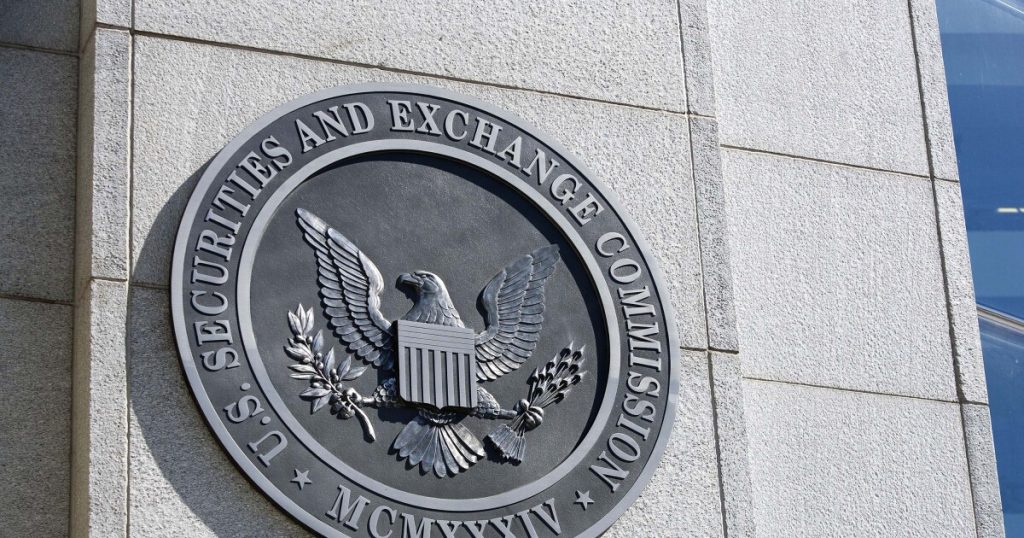When I co-founded Unicoin, it wasn’t just to create another
Yet, despite our commitment to compliance, transparency and innovation, the longtime publicly reporting Unicoin now finds itself at the center of a deliberately controlled regulatory storm led by the
Today, I am responding to
This article isn’t just about Unicoin, however, nor Mr. Gensler’s unjustified attack on it; it’s about the broader question of whether America will remain a global leader in technological innovation, in currency modernity or cede that role to other nations already taking more progressive approaches to emerging industries like blockchain and crypto — and drawing in investors from around the world in the process.
For years, the SEC under Gensler has waged a crusade against cryptocurrency, often muddying the waters with opaque regulations and inconsistent enforcement. The latest chapter in their war against crypto is based on an absurd claim that Unicoin’s airdrop of free tokens — a widely accepted promotional tool akin to handing out free samples — was tantamount to a securities sale.
It’s an audacious stretch of logic, but it underscores the reality that the United States has failed to provide a coherent regulatory framework, nor one conducive for cryptocurrencies to thrive, leaving companies like ours to navigate a minefield of uncertainty.
The result? A mass exodus of stakeholders in the business of innovation, of next-generation financial investment, of entrepreneurial prowess and of talent, seeking instead more crypto-friendly jurisdictions.
But change is inevitable — the frenetic trajectory of decentralized finance, or De-Fi, has sustained globally, with
And, as we now know in America, political change is on the horizon.
President-elect Donald Trump has pledged to transform America into the “Crypto capital of the world,” with regulations that support, rather than stifle, innovation.
Make no mistake — we at Unicoin are ready to help lead the charge.
Our mission is rooted in financial empowerment — creating pathways for everyday people to participate in wealth generation possibilities which were traditionally reserved for a privileged few. This vision aligns perfectly with the promise of blockchain technology: transparency, accessibility and the true democratization of finance.
Indeed, in the face of adversity, Unicoin has thrived.
Our commitment to compliance and transparency is evident in our five years of audited reports on the SEC’s own website. We’ve attracted over $3 billion in cash and assets from investors worldwide.
But imagine the impact that we could have if U.S. regulators embraced crypto innovation instead of fighting it.
To truly empower those who have tragically been excluded from wealth-building opportunities, we need to embrace technologies that simplify access to investment.
Crypto is not just a speculative asset — it’s a tool for inclusion, education and empowerment.
As we move into this new era of regulatory clarity, let’s not forget the bigger picture — Crypto isn’t about dodging oversight; it’s about building better systems.
It’s about giving people the tools to take control of their own financial futures.
It’s about leveling the playing field, and fostering a culture of innovation that benefits everyone.
The United States has a unique opportunity in 2025 to lead the way in crypto, creating policies that protect investors while fostering innovation. As Mr. Gensler exits the SEC in January and President Trump returns to office, let’s hope that the incoming administration seizes this moment to rewrite the rules with a vision for progress.
The road to financial empowerment may be paved with challenges, but it’s a journey worth taking for the millions of people across America who stand to benefit from a more inclusive financial system.

